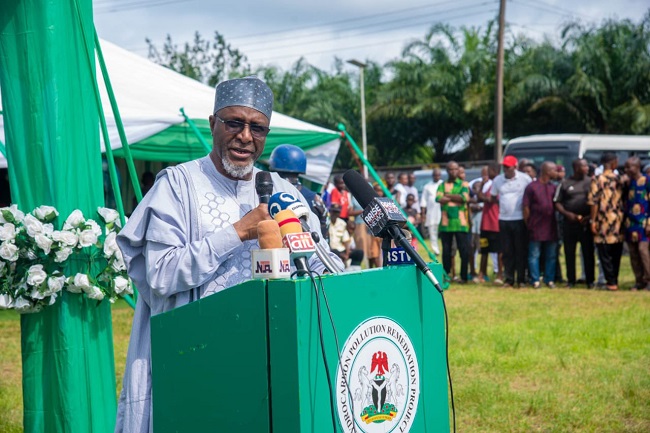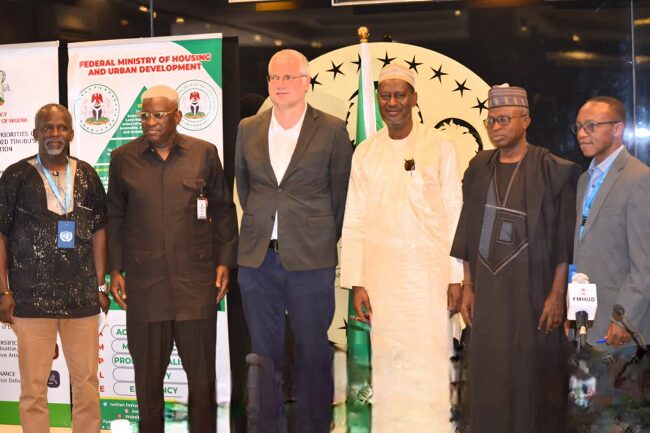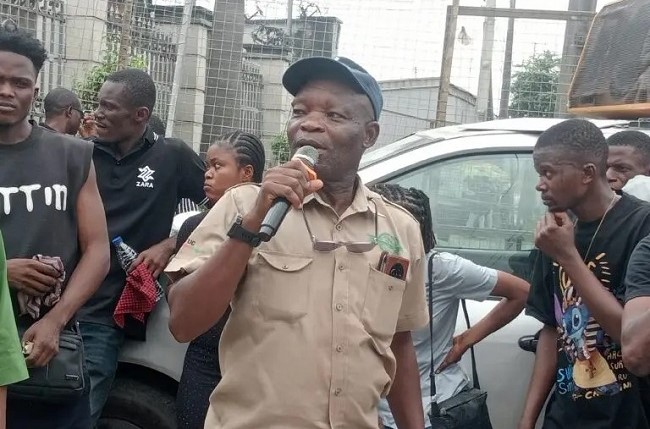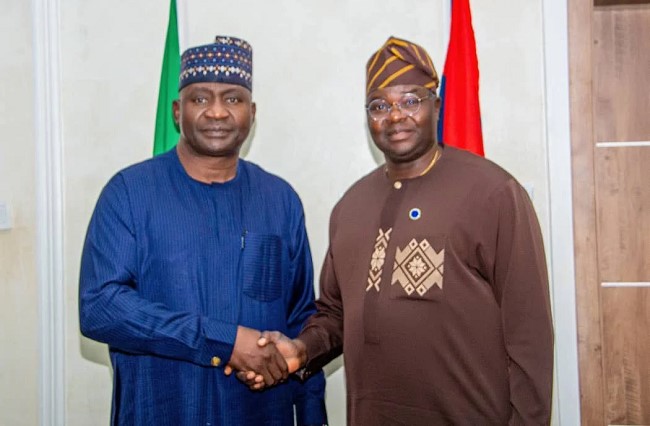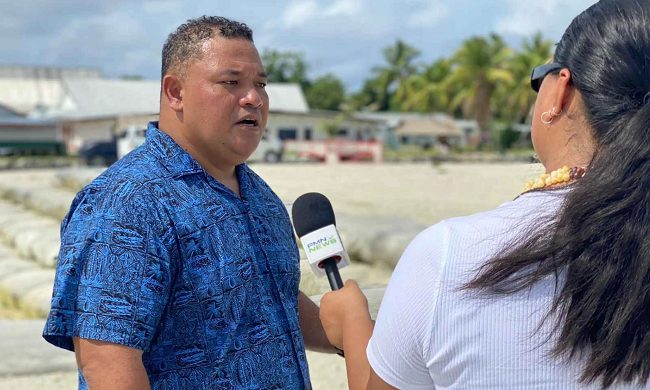Vice Chancellor of the University of Nigeria, Nsukka (UNN), Prof. Simon Ortuanya, says Nigeria targets $2.5 billion in high-integrity carbon credit investments by 2030, with its carbon market now established.
Ortuanya disclosed this at the Stakeholders` Validation Workshop on Potential and Challenges of Voluntary Carbon Market in Nigeria, on Thursday, February 26, 2026, in Abuja.
The programme was organised by Resources and Environmental Policy Research Centre, Environment for Development (REPRC-EfD) UNN.

Ortuanya noted that carbon markets, especially with Article 6 of the Paris Agreement enabling countries to trade carbon credits, are key to a low-carbon economy.
He explained that carbon markets are grouped into two: Compliance Carbon Markets (CCM) and Voluntary Carbon Markets (VCM).
According to him, while the VCM encompasses all transactions of carbon offsets not purchased under a regulated carbon market, CCM are marketplaces through which regulated entities obtain offsets under regulatory regimes.
“Although the compliance market remains hypothetical in Africa, the VCM has existed for over two decades and has shown remarkable growth since its inception, primarily driven by the private sector.
“Globally, the VCM is valued at 2 billion dollars in 2022. Analysts place Africa’s potential VCM value at up to 1.5 trillion dollars by 2050, provided integrity and equity are safeguarded.
“Meanwhile, with the carbon market now in place, Nigeria is positioning itself to capture a sizeable share of about 2.5 billion dollars in high-integrity carbon credit investment by 2030, aligned with article six,’’ he said.
The vice-chancellor warned that poor implementation could lead to carbon leakage and adverse effects on vulnerable communities, emphasising the need for strong governance systems to prevent negative distributional impacts.
He said stakeholder knowledge and collaboration were critical to addressing uncertainties in the carbon market, describing the workshop as an opportunity to validate findings on Nigeria’s carbon market potential and challenges.
According to him, the forum will examine issues including regulation, measurement, reporting, verification and community participation.
“The engagement will help develop actionable strategies balancing environmental integrity and equitable benefits.”
Ortuanya said UNN, through its research centre, has capacity to provide evidence-based policy guidance, noting that previous engagements on the project were held in January 2025 and July 2025.
The vice-chancellor, who was represented by Prof. Nnaemeka Chukwuone, Director of REPRC-EfD, Nigeria, thanked development partners and stakeholders for supporting the research and contributing expertise.
Chukwuone said that significant progress had been made since the study began over a year ago, culminating in the current validation stage of the research.
“Nigeria lacked a carbon market framework at the inception stage, but now has one,following sustained engagement with stakeholders and support from relevant authorities.
“Efforts are ongoing to strengthen implementation through capacity building, project registration and development of monitoring systems, with over 120 carbon projects already registered as of December 2025.
“Carbon market participation could reduce emissions, generate revenue, empower communities and support poverty reduction, while similar initiatives are gaining traction in countries such as Ghana and Kenya,’’ he said.
Chukwuone noted that investor confidence and interest in carbon market opportunities were now high across the country.
He commended the National Council on Climate Change for facilitating the framework and thanked other stakeholders for their support.
By Vivian Emoni


